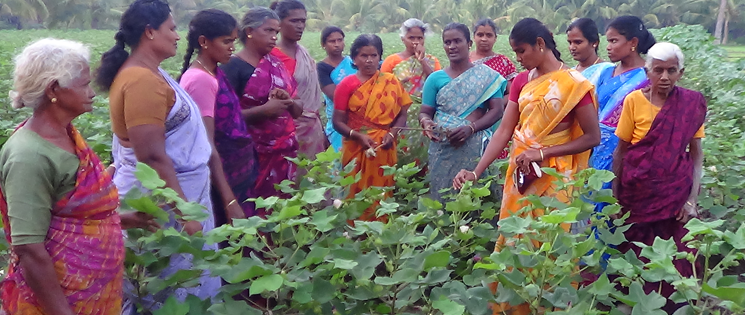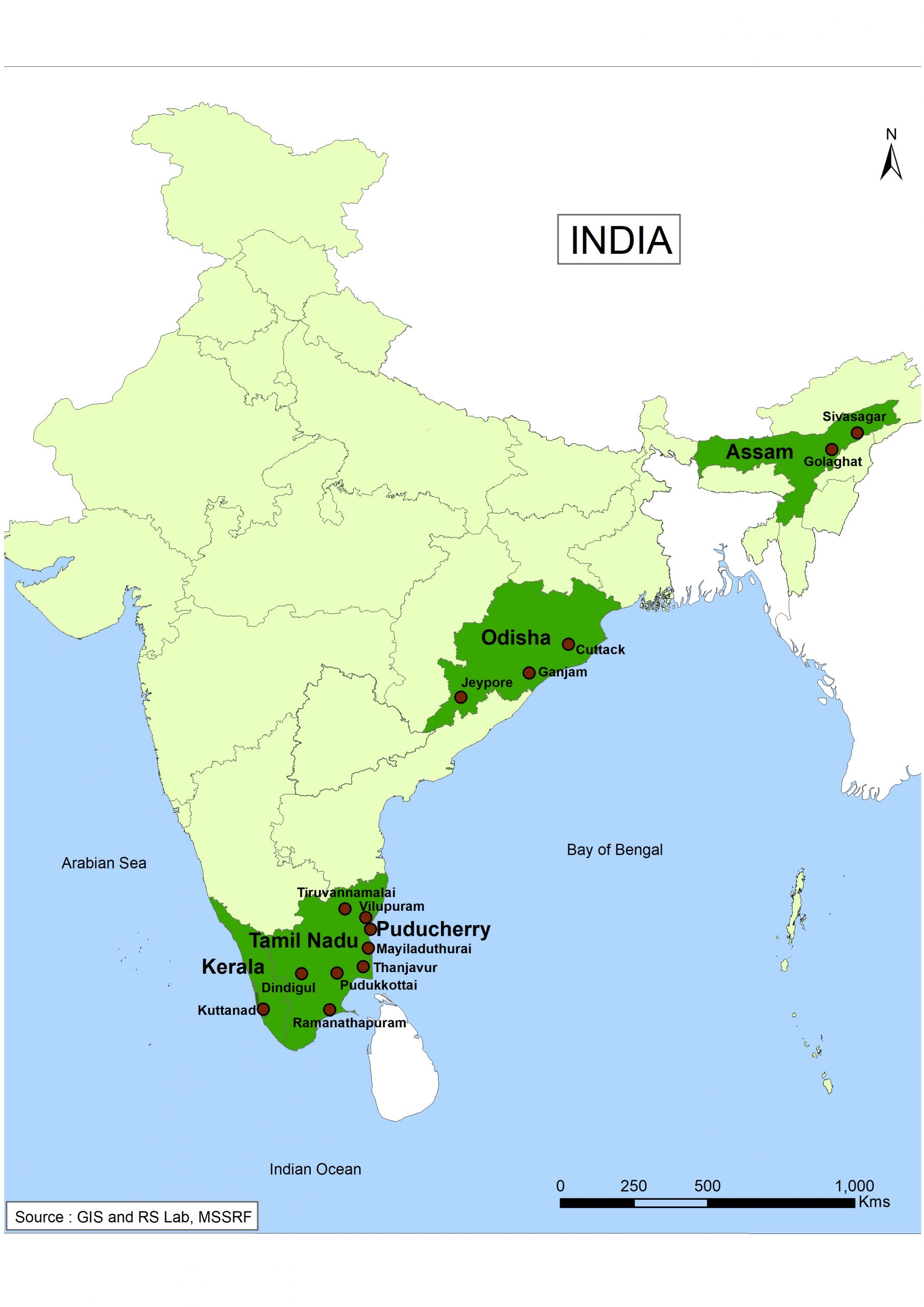International Conference 2021
This fortnight e-synergy has some of the eminent participants’ videos who speak on various issues related to food and agriculture.
Download

Pulses are an important source of proteins, vitamins, and minerals, predominantly cultivated in rainfed agroecology. They are best suited to be cultivated in both Kharif and Rabi seasons in diverse cropping systems as sole crops, intercropping, relay crops, rice fallow crops, mixed crops, etc. India is the largest producer, consumer, and importer of pulses. Tamil Nadu has 4.08 per cent of the total cultivated area under pulses.
Read MoreAgriculture is the major livelihood in semi-arid agro-ecosystems in Reddiarchatram Block, Dindigul district. Sugarcane, banana, paddy and vegetables were the dominant crops cultivated intensively in all three seasons in the past. But in the recent past, it has been shifted to maize, cotton and vegetables and is reduced to just one season rather than two to three seasons. Groundwater levels have been declining drastically as well.
Read MorePests and diseases cause significant crop losses and income to farmers. Timely diagnosis of the issue (including pest, disease and nutritional deficiencies) that hamper crop growth is necessary to minimise production losses. However, the existing agricultural extension systems do not have adequate capacity to extend farmer-centric plant health advisories.
Read MoreMoringa (Moringa oleifera) popularly known as Drumstick, is less water requiring and economically important crop, which is increasingly being cultivated by smallholders. In Tamil Nadu, Moringa is widely cultivated in Dindigul, Karur and Coimbatore districts. The crop is cross-pollinated, and insects are essential for pollination.
Read MoreWithout a scientific GIS Plan, engineers with the Department of Rural Development (DRD), Government of Tamil Nadu, found it a challenge to implement the Natural Resource Management (NRM) and non-NRM works in Gram Panchayats (GPs) allotted under the Mahatma Gandhi National Rural Employment Guarantee Act (MGNERGA) budget.
Read MoreTiruvannamalai district has several isolated hillocks at a minimum height of 120 metres above sea level. Most of the hillocks are in a degraded state causing severe losses in crucial ecosystems services. Restoration requires that there be a scientific approach to plan and implement locally suitable solutions.
Read More
This fortnight e-synergy has some of the eminent participants’ videos who speak on various issues related to food and agriculture.
Download